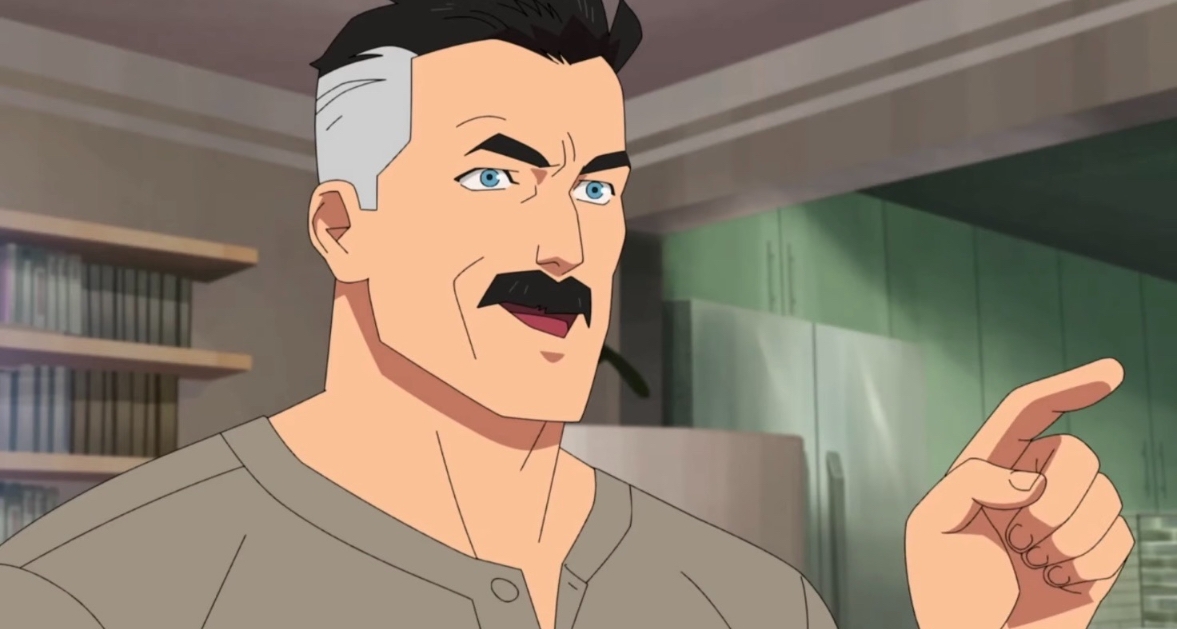I wasn't alive when apartheid ended, but your general suspicion is correct. The United States is way more committed to backing Israel than they backed apartheid South Africa. At the time apartheid ended in South Africa, South Africa was an international pariah state sanctioned by almost every other country, including the United States, under the Reagan administration even. No foreign goods or technology, no ability to participate in international sporting events. Economically the country was broken, militarily it had suffered defeats abroad in the border wars and had outdated equipment that was no match for the superior Soviet and Cuban equipment it's adversaries had. The situation was untenable, and the country was on the brink of civil war.
So F.W de Klerk made the decision to release Nelson Mandela from prison and allow the ANC to participate in elections open to all. This was not done out of the kindness of his heart, but for pragmatic reasons, to try ensure "a new dispensation for the Afrikaner" in Mandela's words. Apartheid was no longer viable, the country was on the brink of civil war. There were lots of negotiations at this time between the apartheid regime and the tripartite alliance (ANC, COSATU, SACP), and the leader of the the South African Communist Party, Chris Hani, was even assassinated by a Polish nazi. There was lots of rabble housing in which the AWB (Afrikaner neo nazi group) and IFP (Zulu nationalist party, made deals with the apartheid regime in the past) engaged in political violence, with ANC-IFP clashes being especially bloody. But overall, apartheid ended as peacefully as it possibly could have, and while there are many problems with modern day South Africa, I can say that on some level, I am proud to be South African.
However, the situation was no where near as polarised as the current situation between Israel and Palestine. South African Air Force planes never bombed homelands/bantustans with the intention to kill tens of thousands of civilians, and South Africa never received the complete US backing that Israel has militarily. In fact, South Africa was only able to obtain nuclear weapons and advanced technology necessary for domestic arms manufacturing from Israel itself. The nuclear weapons situation in particular led to a rare act of co-operation between the USSR and USA, in which a Soviet spy broke the details of upcoming nuclear tests, and an American spy plane (in the SR-71) flew over to verify the information.
Further, thanks to Cuban and Soviet support, South Africa's adversarial countries that they went to war with had superior equipment when compared to the South African army's outdated equipment. Better MiG fighter jets, better air defence systems and better tanks. None of Israel's adversaries are in such a position. However, the anti apartheid movement itself, in the ANC, PAC, SACP, etc, was no where near as militarized as Hamas or Hezbollah currently are. They carried out many attacks, but nothing on the scale of October 7 or Hezbollah's rocket campaign against Israel. Most of the militaristic fighting of that nature took place in the border wars.
In short, I can't see Israeli apartheid ending in the same way that South African apartheid did. The conditions are just too different. The polarization between Palestinians and Israelis is on a different level given the current genocide in Gaza, and the USA is so heavily invested in Israel in a way that it was never invested in apartheid South Africa. Israel's nuclear weapons programme is also far more advanced than South Africa's ever was. South African nuclear weapons had no viable delivery method aside from outdated fighter jets from the 1950s, the RSA ballistic missile programme was a smokescreen and paper tiger that was intended to be a trump card in negotiations. Israel have intercontinental ballistic missiles and stealth fighter aircraft, and have publicly spoken about bringing the rest of the world down with them (Samson option).
